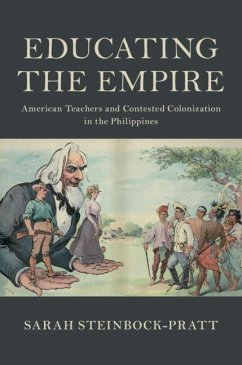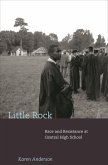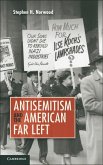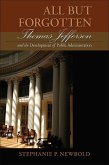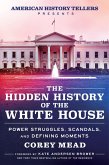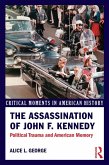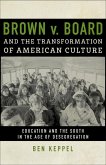This book examines how education contributed to the creation of US empire in the Philippines by focusing on American teachers and the Filipinos with whom they lived and worked. While education was located at the heart of the imperial project, used to justify empire, the implementation of schooling in the islands deviated from the expectations of the colonial state. American teachers at times upheld, adapted, circumvented, or entirely disregarded colonial policy. Despite the language of white masculinity that imbued imperial discourse, the appointment of white women and black men as teachers allowed them to claim roles and identities that transformed understandings of gender and race. Filipinos also used the American educational system to articulate their own understandings of empire. In this context, schools were a microcosm for the colonial state, with contestations over education often standing in for the colonial relationship itself.
Dieser Download kann aus rechtlichen Gründen nur mit Rechnungsadresse in A, B, BG, CY, CZ, D, DK, EW, E, FIN, F, GR, HR, H, IRL, I, LT, L, LR, M, NL, PL, P, R, S, SLO, SK ausgeliefert werden.

